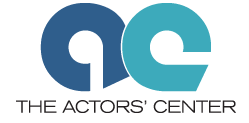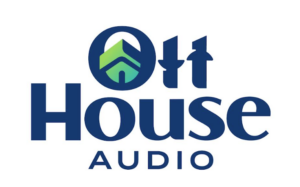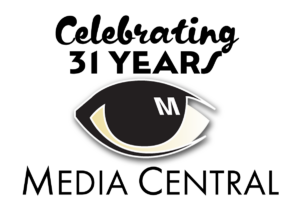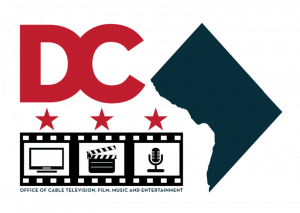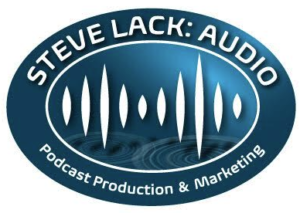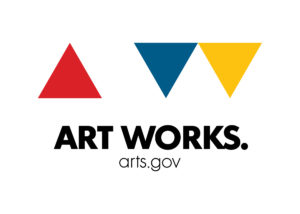The year is drawing to a close. There is winter to get through but then Spring will be here soon-ish, too. Being an accountant, this has certain overtones to me: income taxes will be coming up soon-ish, too.
Even sooner will be the January payroll filings: W-2s/W-3s for traditional employees (which may include business owners) and 1099s/1096s for contract workers. As far as the IRS is concerned, there is a certain presumption that workers are W-2 employees, and there for subject to payroll tax withholding by the employer.
Factors which determine that an employee is s a W-2 recipient include whether:
- The company provides detailed job or procedural training;
- The company provides support staff or services such as a secretary or a company phone line.
- The company provides the majority of equipment, tools or materials;
- The employer directs in detail the method s used to produce results;
- The company evaluates how the employee performs the work rather than just results;
- The company guarantees a regular wage for work done for each set period;
- The company expects the relationship to continue indefinitely;
- The company sets work schedules; or,
- The company provides benefits such as paid vacation or health insurance.
Factors which determine that an employee is a 1099 recipient include whether:
- The employee can follow their own schedule;
- There is a written contract specifying the work will be undertaken as an independent contractor;
- The employee provides their own equipment or tools;
- The employee is evaluated by results rather than processes used;
- The employee receives payment based on fees;
- The employee expects the relationship to be related to specific project(s);
- The employee has or could pursue other clients;
- The employee can refuse certain jobs, or
- The employee finishes assignments using their own methods.
This isn’t a complete list, but gives a good idea of what the IRS would look at if it questions whether a worker has been incorrectly classified as an independent contractor.
Employers should keep on file form W-4 for traditional employees or form W-9 for independent contractors.
Traditional employees’ W-4 form lets each employee specify how much they want withheld for federal and state taxes. For traditional employees, I highly recommend using a payroll processing company, because payroll withholdings and filings can get complicated , penalties for late or incorrect filings are substantial, and you get third-party verification of wages and taxes paid.
Independent contractors’ W-9 will show what type of company the contractor has. If they have any kind of corporation, you don’t need to get them a 1099, but you will want their verification of that via their W-9.. Nor do you have to get them a 1099 if you paid them less than $600.00 during the year.
The W-2s for all traditional employees are filed along with a summary form, the W-3. The 1099s for all independent contractors’ are filed along with a summary form, the 1096. The deadline for sending the W-2s and 1099s to the employees and contractors is January 31. The deadline for submitting the W-2s/W-3 and the 1099s/1096s to the government is also January 31.
Luckily, getting set for the payroll filings in January is a great time to make sure your books in general are in shape for the income taxes. As long as you are dealing with the payroll figures, it is not a long step to check everything else, too. If your books are in order, the actual tax reporting is not a big deal. Winter is a fine time to check your records. It can seem more burdensome when deadlines are looming and flowers are blooming, inviting you back outdoors.
Making your tax filings as easy as possible is one reason to have your book in order, but here is another compelling reason: there’s gold in them thar numbers! The data that is in your books anyway can be very useful guides to advance your business for the upcoming year. They can tell you what made one project more successful than another. They can tell you what to consider for future projects. It also substantiates – for you and for potential backers – requirements when pursuing grants.
Keeping good books is mostly a matter of having a system that is easy to keep up to date and in line with the rules of the game. Those rules have some intricacies. For example, lunch with a client or colleague at which you discuss business matters is a deductible expense, but coffee on the way to a job is not. Food you provide to staff is deductible with some limitations, but might have to be reported as income by the employee.
Accountants specialize knowing such things, and software and online banking are making it ever easier to collect all of the right information.
In conclusion, I encourage you to block out the time you’ll be wrapping up your 2019 books. If you’d like some guidance, you can reach me at MyCatHerder@gmail.com.


